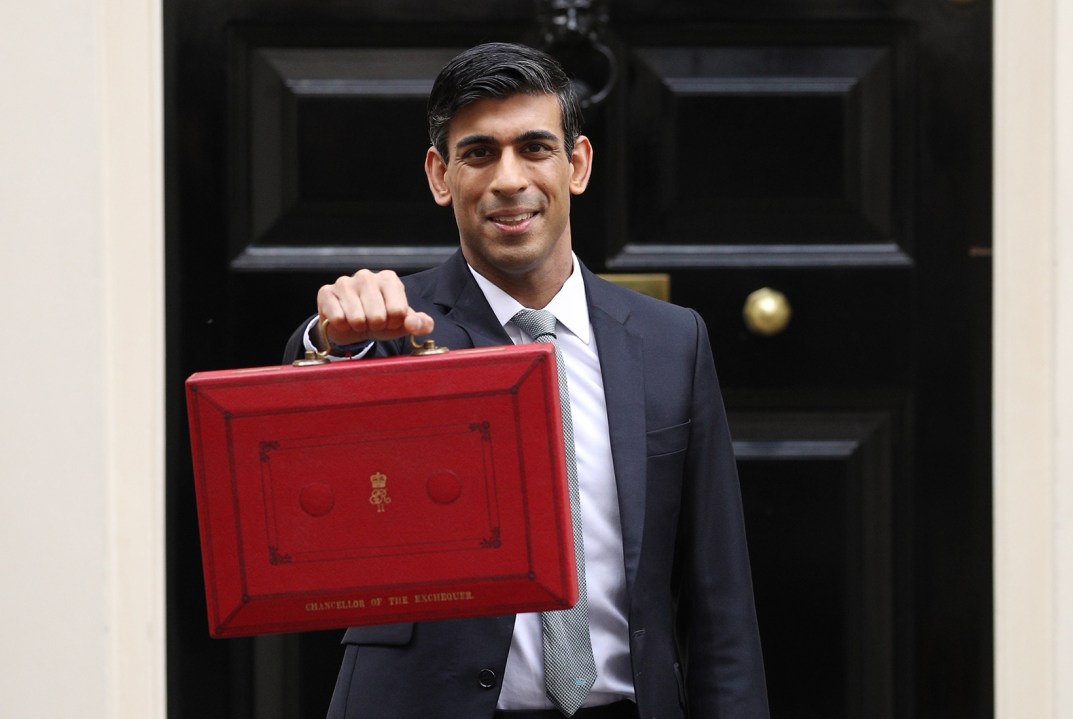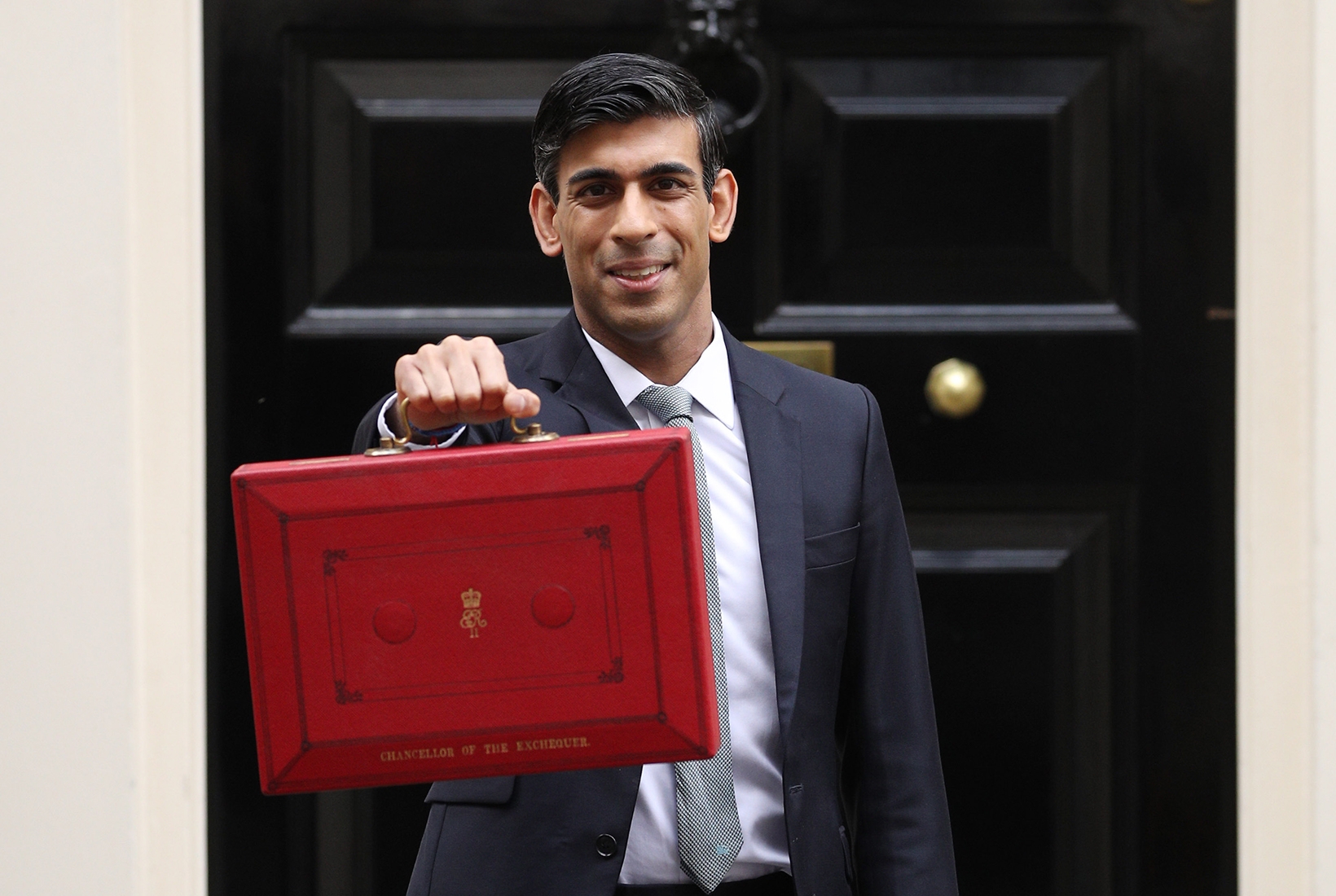The phrase ‘sharing economy’ was coined a decade or so ago to describe collaborative new business models made possible by the internet, from Airbnb and Uber to crowdfunding, peer-to-peer lending and skill bartering sites. It was about ways of monetising assets, circulating capital and earning casual livings that boosted economic activity after the ‘great recession’ and it will be a hive of creativity in the next recovery — even though its partner is the ‘gig economy’ whose insecurity has left so many people in hardship now.
But I want to propose a more urgent purpose for the same phrase: to describe how every business should share the impact of the current cataclysm, make it more bearable, spread it over time and limit the need for state bailouts. Last week I wrote about corporate social responsibility towards individual customers. This week I’m talking about business-to-business: commercial landlords allowing rent holidays, utilities allowing late payment, banks (of which more in a moment) flexing overdraft limits and waiving penalties; larger businesses paying small suppliers as promptly as they can; super-markets not screwing farmers; everyone making allowance for their counterparts’ cashflows in anticipation of the day when trade returns to normal.
The first sharing economy was really all about money-making, particularly for its most successful founders, but with a communitarian gloss. The new sharing economy will not be about altruism at all but about pain-spreading as a matter of mutual self-interest: not herd immunity, if you like, but herd survival.
Banks take a kicking
Ah yes, the banks. They weren’t in the front line when the crisis began, but it wasn’t going to be long before they came in for a kicking. Sure enough, they’ve just had one for throwing bureaucratic hurdles and demands for personal guarantees in the way of the government’s business interruption loan scheme and for resisting a Bank of England directive to cancel £7.5 billion of dividends to shareholders, cash that would be better used to bolster reserves against a coming tide of bad debts. They backed down on both issues but, disliked and distrusted as they have been since 2008, they’ll always be a target for snipers — and bank bosses need to remember two things.
Firstly, we are seeing remarkable examples of ‘just get it done’ in the NHS with military help, in HMRC and even in the Department for Work and Pensions, which has registered a million new universal credit claimants. Banks — indeed all essential consumer–facing businesses — have to show the same eagerness to cut the crap and act fast for the general good. Secondly, banks have the certainty of knowing they will be bailed out again if necessary, because governments realised in 2008 that systemic financial collapse would lead straight to riots. With that safety net — as yet not offered to other sectors that look far more fragile in the short term — banks have no excuse not to do their absolute utmost to help.
Pain for rentiers
Dividends cancelled mean a portion of shared pain for the rentier class — probably well pensioned, but also older and at higher virus risk. Slashed dividend income also means lower growth rates or bigger black holes in collective pension funds, which means there will be less to distribute to the next generation when this crisis is long over. But that’s an example of what I mean by spreading the damage over time.
More attention will eventually focus, I suspect, on the extent to which many UK and US companies have weakened their survival chances by following recent fashion for share buybacks — the perils of which I first highlighted two years ago. By buying in and cancelling tranches of their own shares, companies have artificially inflated ‘earnings per share’, pushed their share prices upwards and boosted performance-linked executive pay. But they’ve done so by using up hoarded cash which might otherwise have provided a lifejacket today. And here’s another angle: between 2016 and 2019, the 12 biggest US pharma companies spent $183 billion on share buybacks and $251 billion on research. If they had spent, say, $100 billion more on research, would they have been better prepared to seek a Covid-19 vaccine?
No steak frites
I have a close view of the challenges facing small business through my involvement in running the arts centre, a social enterprise with a turnover of £300,000 a year, in my Yorkshire town of Helmsley. Thanks to local generosity, we survived the great recession, a major fire and the extinction of public funding for small arts venues. If we survive an extended lockdown, it will be thanks in part to swift action by Rishi Sunak. Our part-time staff are ‘furloughed’ on state-paid 80 per cent wages and we’ve already received a £10,000 grant as a recipient of Small Business Rate Relief, plus a large Gift Aid payment from HMRC, both processed within four days of entering a claim. So I’m glad to confirm that at least some of the Chancellor’s promises are actually working.
But how it saddens me to see the place closed. I think wistfully of past joys such as the run of my own play Steak Frites, in which (in the role of an expat Brit making mischief in a French village café) I scoffed steak and chips on stage night after night. And that takes my thoughts to the real French village of my past 20 summers, St Pompon in the Dordogne, which is so quiet off-season that residents have, I gather, adjusted to lockdown without much change to their pattern of life. I was cheered by one email report of ‘magrets de canard on special offer for home delivery’ and even more so by word of a new restaurant being built (though of course currently halted) in the former blacksmith’s workshop. It’s called La Forge, you can like it on Facebook, and my greatest hope is to be there for its delayed opening night.








Comments